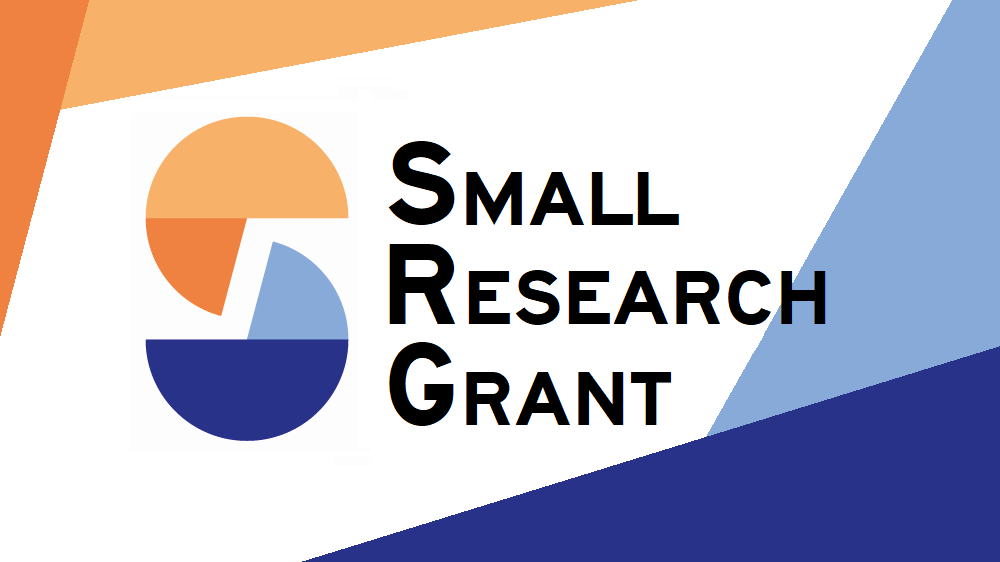This study quantifies the efficiency and distributive effects of market power in commercial lending markets. The existing literature assumes a particular type of competition, namely, Bertrand-Competition: attributing market power to product differentiation and borrower preferences. This choice may simply be based on tractability rather than well-identified empirical evidence of bank competition. The main challenge is separately identifying bank competition conduct from the borrower-specific marginal cost of lending for the bank. The researchers overcome this challenge by studying the surprise introduction of a bank transaction tax on new credit, which affects final interest rates without affecting borrower-specific marginal costs.
To achieve the above aims, the research team write a quantitative model of credit demand and supply that has two critical theoretical innovations: (1) it allows the equilibrium price to vary at the borrower-bank level, which helps characterise a wide variety of rich borrower preference or marginal cost parameters that may drive market power from specialisation; and (2) it introduces a bank competition conduct parameter from the Industrial Organization literature (e.g. Weyl and Fabinger, 2013, and Kroft et al., 2020) that generalises the degree and nature of competition in the commercial lending market. The empirical innovation is to take the concept of tax passthrough from the public finance literature and use it, together with estimates of demand elasticities, to separately identify the bank competition conduct parameter from bank-borrower-specific marginal costs. The researchers identify the credit demand elasticities by instrumenting by exogenous variation in average prices in the consumer loan credit segment and in commercial loans by the same bank in other lending markets. This, along with high-frequency fixed effects, controls for measurement error and unobservable determinants of prices from industry, local economic, and time-varying characteristics.
This research has practical applications. For example, if banks have market power because of product differentiation, then a proper policy response reduces barriers to entry, whereas if banks collude to set prices, then antitrust regulation might be a more direct response. Moreover, while there exists evidence that pricing power from product differentiation has both harmful and desirable effects on borrower welfare, it is far from clear through what channels bank pricing power from collusion could benefit borrowers. By carrying out counterfactual exercises through the lens of this model, the researchers will be able to characterise the equilibrium effect of bank competition, or lack thereof, on the efficiency and distribution of commercial credit. Finally, they also plan to predict the effect of specific policy options, such as implementing uniform market pricing policies in Ecuador, which is the practice in countries such as the United Kingdom. This study is the first to the researchers’ knowledge to characterise the effect of financial transaction taxes in the commercial lending market and how it interreacts with bank market power.


















































